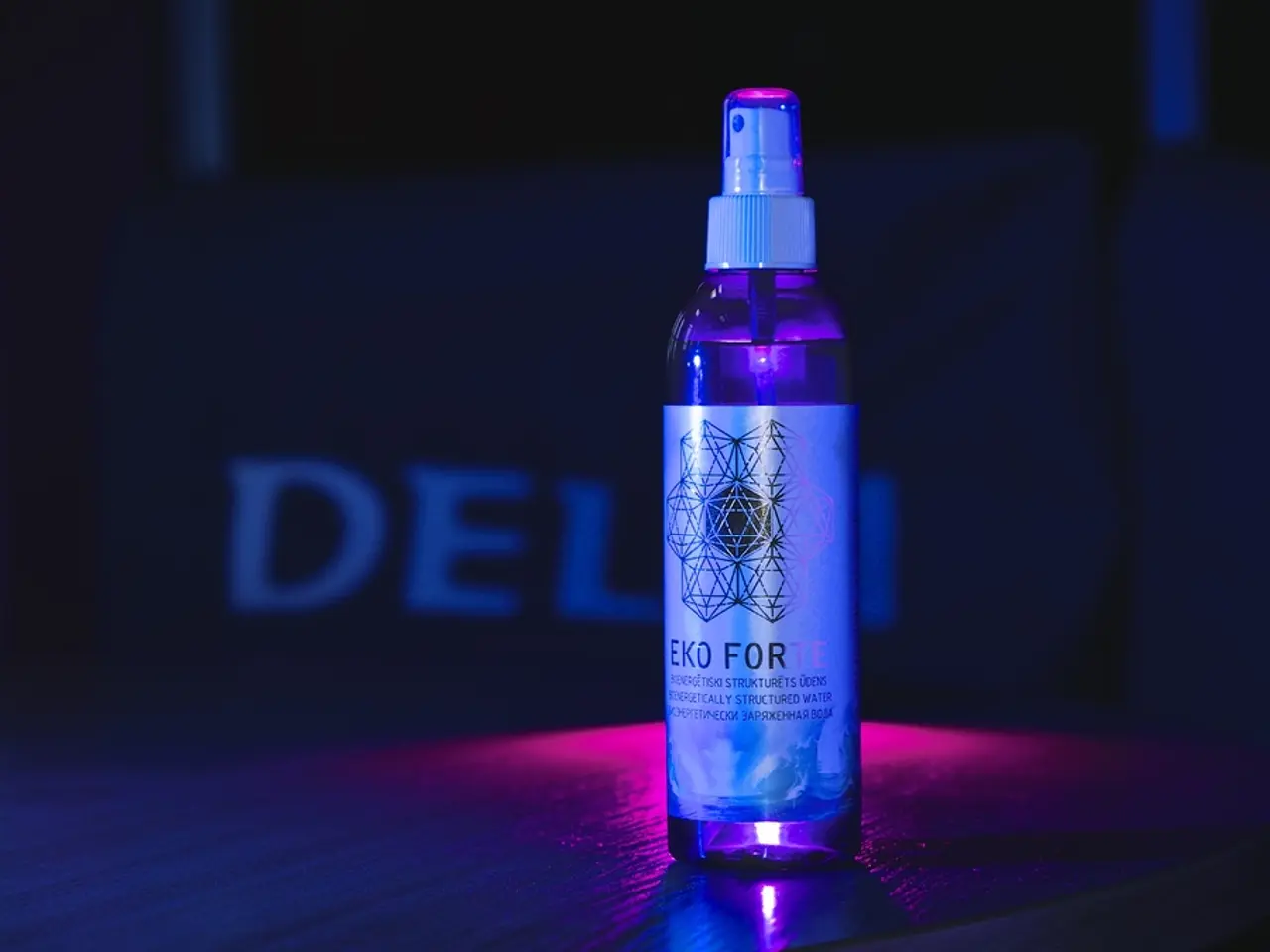Exploring Ketamine Infusion Therapy: Uncovering Essential Details About This Treatment Method Here.
Ketamine Infusion Therapy: A Rapid-Acting Treatment for Mental Health Conditions
Ketamine infusion therapy is an innovative treatment option that has shown significant success in managing treatment-resistant depression and other mental health conditions such as PTSD, anxiety, OCD, and chronic pain syndromes.
Effectiveness
The response rates for ketamine infusions in treating treatment-resistant depression are between 40-60%. The antidepressant effect is typically rapid, with mood improvement noticeable within hours, peaking around 24 hours after infusion. The effects can last from several days to a few weeks, although many patients relapse within 7-10 days without maintenance therapy. A significant minority experience relief for 30 days or longer [1][2]. Ketamine also reduces suicidal ideation for up to 3 days post-infusion [2].
Beyond depression, ketamine has shown benefits for PTSD, anxiety, OCD, eating disorders, and chronic pain syndromes such as neuropathic pain and fibromyalgia [3][4].
Mechanism of Action
Ketamine primarily acts as an NMDA receptor antagonist in the brain. By blocking these receptors, ketamine modulates the glutamate neurotransmitter system, which plays a vital role in mood regulation and pain transmission. This blockade leads to increased release of glutamate, which stimulates AMPA receptors, enhancing brain-derived neurotrophic factor (BDNF) production. BDNF promotes neuroplasticity—the growth and survival of neurons—and neuronal connectivity. Enhanced neuroplasticity may help disrupt negative thought patterns and improve emotional regulation [3][4].
Typical Course of Treatment
The commonly used dose for depression is 0.5 mg/kg administered intravenously over 40 minutes, offering optimal outcomes with manageable side effects [2]. Initial treatment usually involves a series of infusions—often multiple sessions over 1-2 weeks. After initial success, some patients undergo maintenance therapy, typically involving infusions once or twice weekly, tapering to biweekly, to sustain the antidepressant effect [2]. The treatment regimen may be tailored depending on individual response, tolerability, and the mental health condition being targeted.
Summary Table
| Aspect | Details | |--------------------------|--------------------------------------------------------------| | Effectiveness | ~40-60% response rate in treatment-resistant depression; rapid symptom relief within hours; effects last days to weeks | | Mechanism | NMDA receptor antagonism → increased glutamate → BDNF ↑ → neuroplasticity; anti-inflammatory and improved perfusion for pain relief | | Typical dosing | 0.5 mg/kg IV over 40 minutes | | Treatment course | Initial series over 1-2 weeks; followed by maintenance infusions as needed | | Other indications | PTSD, anxiety, OCD, eating disorders, chronic pain syndromes | | Additional notes | Rapid decrease in suicidal ideation; effects generally transient, requiring maintenance for longer-term benefit |
In conclusion, ketamine infusion therapy offers a fast-acting, biologically distinct mechanism to treat depression and other mental health conditions, especially when traditional treatments have failed. The benefits include rapid symptom relief and enhanced neuroplasticity, although the effects are often transient, necessitating maintenance therapy for sustained improvement [1][2][3][4].
Initial ketamine infusion therapy consists of six IV ketamine treatments over three weeks, with two treatments per week. Maintenance treatments may be required every two to four weeks, as determined by the provider. Side effects of ketamine infusion therapy can include dissociation, feeling strange or loopy, double vision, loss of appetite, trouble speaking, elevated heart rate, slight pain at the injection site, nausea, elevated blood pressure, and more.
If interested, you can schedule treatment sessions and discuss maintenance treatments with your physician. The first step in getting treated with ketamine infusion therapy is to talk to your provider. At present, the cost of ketamine infusion therapy for depression or other psychiatric indications is $600 per treatment, and it is not currently eligible for insurance reimbursement, except for Kaiser insurance.
- Ketamine infusion therapy, effective in managing treatment-resistant depression and other mental health issues like PTSD, anxiety, OCD, and chronic pain syndromes, boasts response rates between 40-60%.
- This rapid-acting treatment, typically administered intravenously, provides relief from symptoms as quickly as hours after infusion, with the antidepressant effect peaking around 24 hours.
- The science behind ketamine's effectiveness lies in its ability to block NMDA receptors in the brain, leading to increased glutamate and improved neuroplasticity—essential for disrupting negative thought patterns and enhancing emotional regulation.
- While the effects of ketamine can last from several days to a few weeks, many patients may require maintenance therapy for sustained improvement, involving infusions once or twice weekly, tapering to biweekly.




